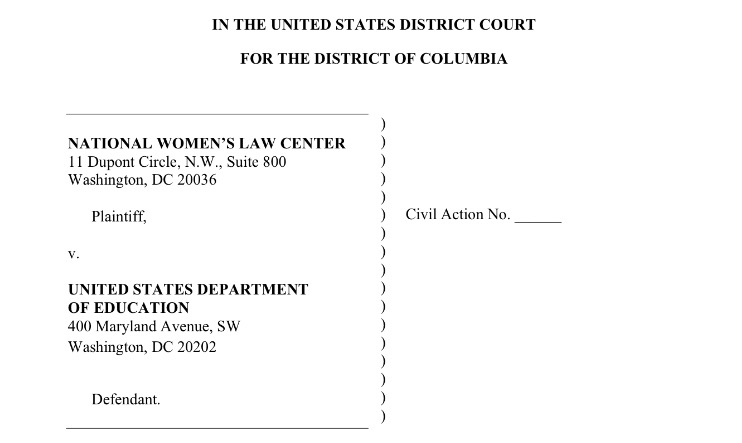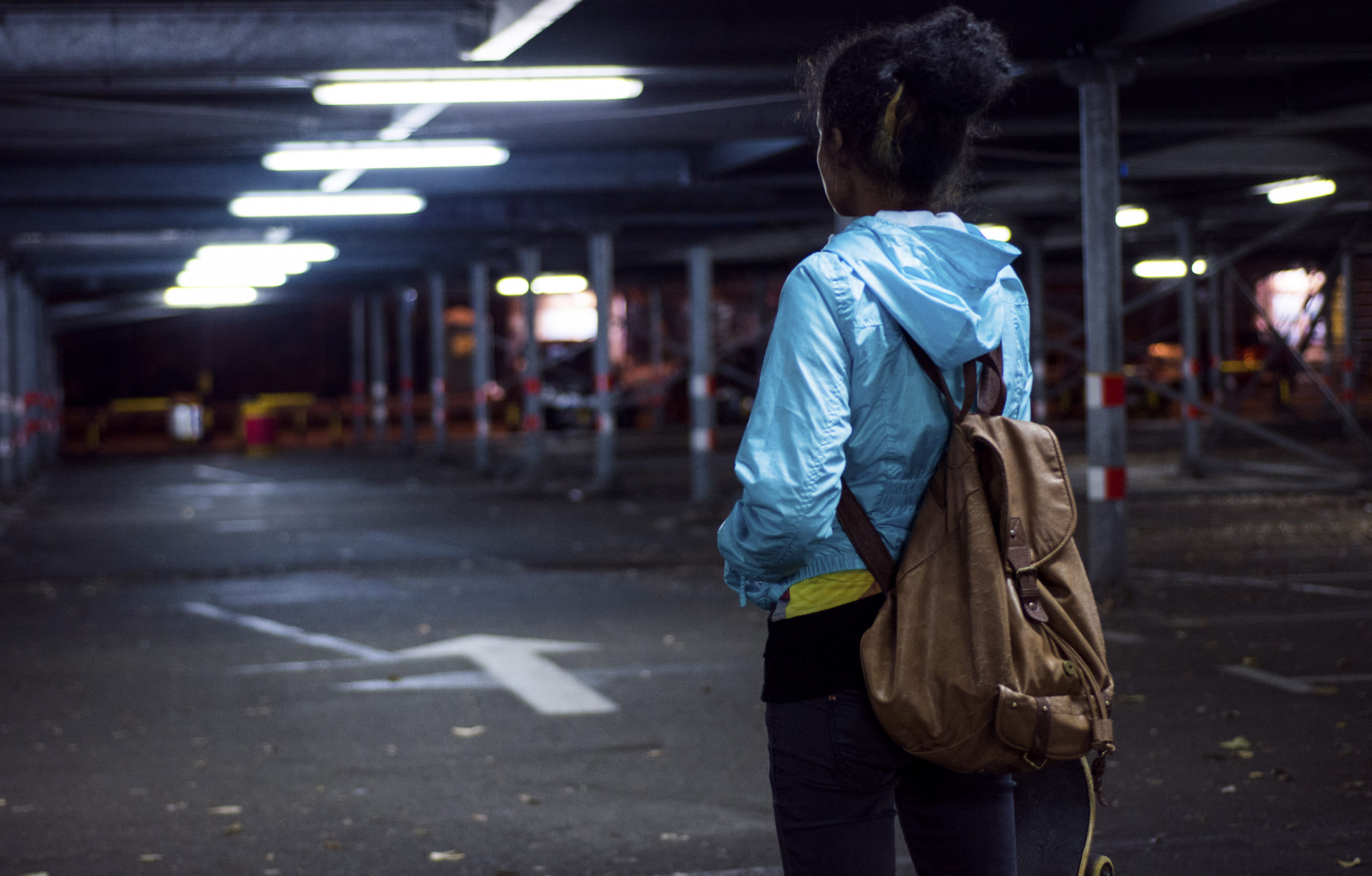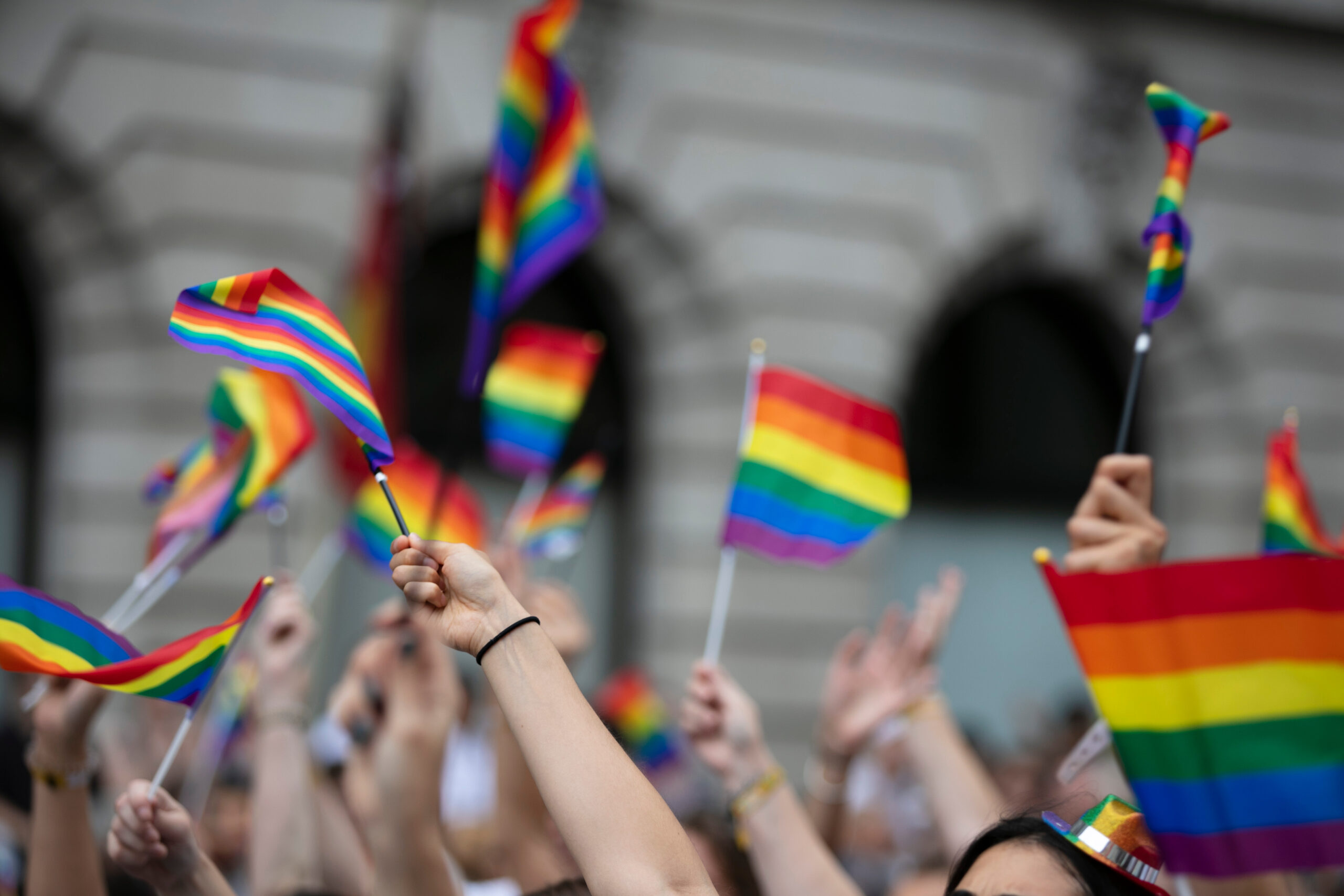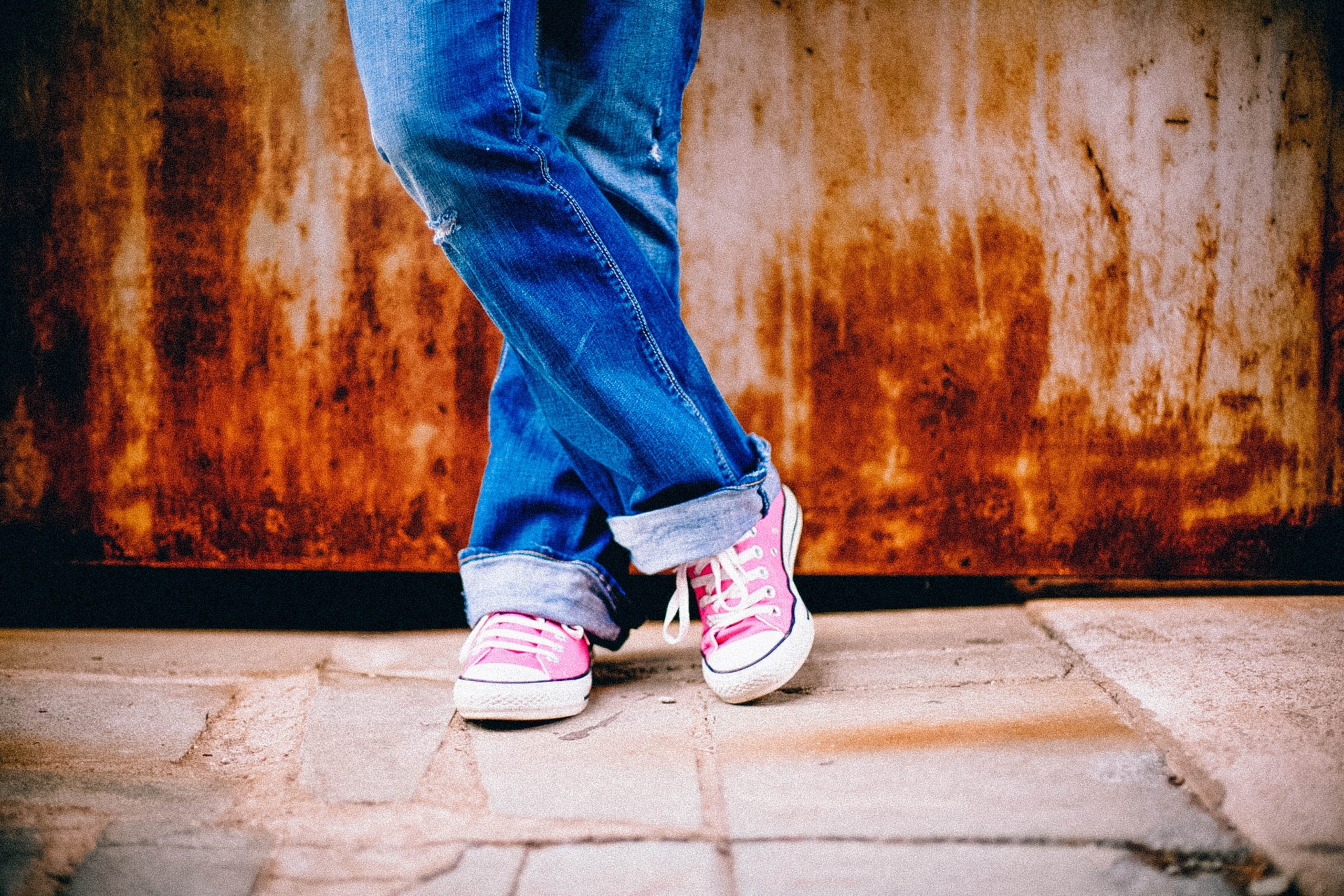Abortion rights, women of color, and LGBTQIA+ people are under attack. Pledge to join us in fighting for gender justice.
Here’s Why Schools Should Handle Sexual Assault Reports

 Ask any advocate who works on sexual assault in schools, and they’ll probably agree that the most common question we get asked is “Why not just turn these cases over to the police?” After all, when most people think of rape and other forms of gendered violence, they think of crime and punishment.
Ask any advocate who works on sexual assault in schools, and they’ll probably agree that the most common question we get asked is “Why not just turn these cases over to the police?” After all, when most people think of rape and other forms of gendered violence, they think of crime and punishment.
But sexual assault in schools doesn’t only violate criminal law. It also poses a threat to students’ opportunities to learn.
U.S. courts and our government more generally recognize that sexual assault is a form of sex discrimination, which is prohibited in schools according to Title IX of the Education Amendments of 1972. The legal argument is technical, focusing on what it means for someone to be mistreated “because of sex.” But I think the underlying instinct is intuitive: It’s really hard to learn when you have to share a class with your rapist. It’s hard to study in a library with your abusive ex, or participate in campus life while you’re being stalked. Women, girls, and genderqueer students are disproportionately victimized – particularly if they’re trans. That means not only are certain groups of students targeted because of their sex, but also that sexual assault ultimately impacts efforts toward sex equality on campus and in public life more broadly.
When we recognize that sexual assault is an education issue, it becomes clear schools have a crucial role to play in the wake of violence. Schools can do a lot that the police just can’t, like provide a survivor with an extension on a paper due right after her assault, or facilitate a dorm change to stay safe. Plus, many students just don’t want to tell the police. Perhaps they’re undocumented and don’t trust the cops, or aren’t ready for an arduous trial, or don’t want to see their assailant in prison – but they still need help. And school responses never replace criminal options. Survivors can report to both school administrators and the police to pursue different remedies at the same time.
I love our new Let Her Learn video a lot because it shows what survivors and their allies understand, but which is so often lost in the public debate: Sexual assault can mean the end of a girl’s education, but it doesn’t have to. Schools have the power to let her learn and thrive. As advocates, it’s our job to make schools do their job and follow Title IX.
Does your school let down survivors? Contact us for assistance.




